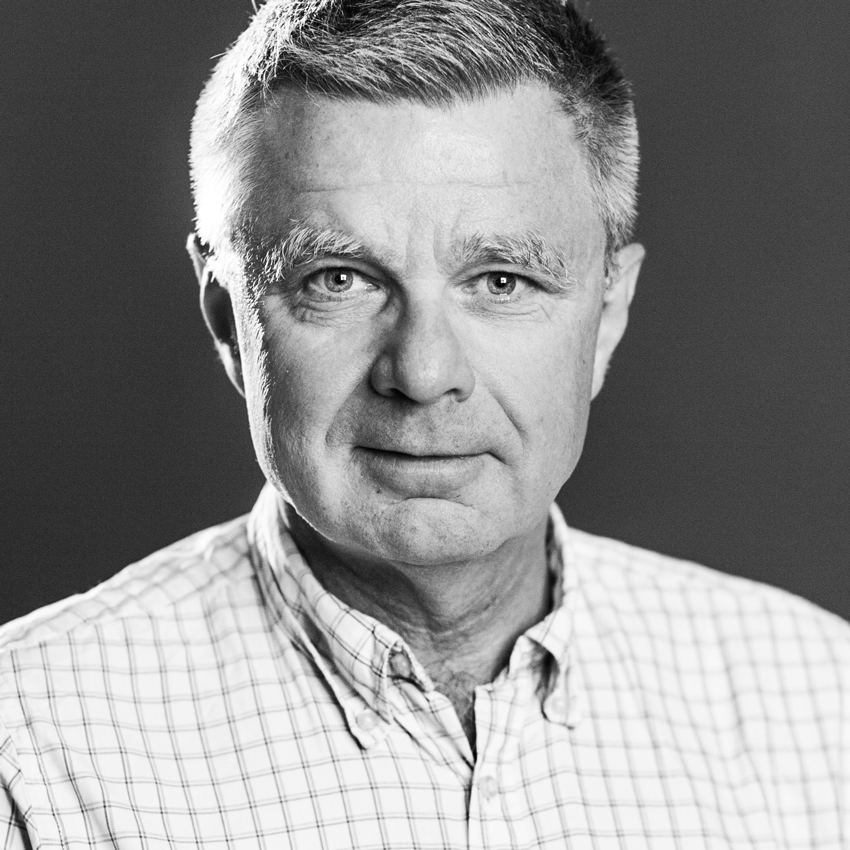Successful PhD Outcomes
Professor Henrik Toft Sørensen from the University of Aarhus in Denmark is one of EPINOR International Advisors. He has written the article - I-determinants for a successful PhD or postdoctoral outcome. The article gives many useful advice to both PhDs and Supervisors as well as Department Chairs. We have asked him some introducing questions about the successful PhD outcomes. You find the article linked in this text as well as an attachement on the right side of this page (open access of course!).

I have supervised more than 60 doctoral students over the last twenty years. I have always been interested in the outcome of the large investments of money, time and resource in a PhD project. PhD projects should provide value (and a positive experience) for the student, the department/university, and society. When I was a young supervisor, one of my students failed and I became more and more interested in the supervisor-student-project relation, both from a practical and theoretical perspective.
I have supervised students and post docs from very different countries such as Denmark, Sweden, Norway, Canada, United States, Thailand, Ireland, Germany, China, Russia, India, Holland and Hungary. They have very different background, culture, motivation and personal style.
I did my PhD twenty-five years ago. At that time the PhD program was very unstructured; you had to find the courses yourself and you did not have close contact with the PhD supervisor. Actually, I did my PhD within six months but I had already done a lot of my research before I was enrolled in the program.
Figure 1 illustrates eight different factors associated with the scientific outcome - all of which are controlled or dependent on different decision-makers - what did you consider your main target group for this article?
The main target group of the paper is actually supervisors, research group leaders and department chairs but also upcoming PhD students and postdocs. My hope is that the paper can be the base for a fruitful discussion between the students and the supervisor on how to prepare a PhD project.
If you had the power to freely shape the structure of the PhD, what changes would you make from the structure of today? Do you have a success recipe?
I think it is important to maintain a high level of the PhD projects both in terms of research and in terms of scientific training. Too many PhD projects end up with questionable research quality, and a lot of the research is never published and therefore never becomes of benefit to others and in particular the society and the patients. It is also my impression that in some PhD projects, there is really not access to high-level expertise that might be needed for the project.
I work within the field of clinical epidemiology and therefore the optimal team of supervisors consists of a clinician, an epidemiologist, and a biostatistician. I do not have an easy recipe for a successful PhD project, but if you have gone through the factors mentioned in the paper, I am confident that the chance of a good outcome will be more likely than if you do not consider these factors.
You write that the supervisor often have a challenge in finding sufficient time to supervise - what is your greatest advice to supervisors when planning the project?
A very prominent epidemiologist told me many years ago that you will never regret saying no. If you do not have time and if you do not have a strong interest in the project, you should not accept being a supervisor. This is in particular important in the planning phase. Benjamin Franklin said: "By failing to prepare, you are preparing to fail." This is especially applicable for a PhD project. Never accept the supervisor role just because of your own merits. Limit the number of students you supervise. You will get better research, a less stressful life and happier students.